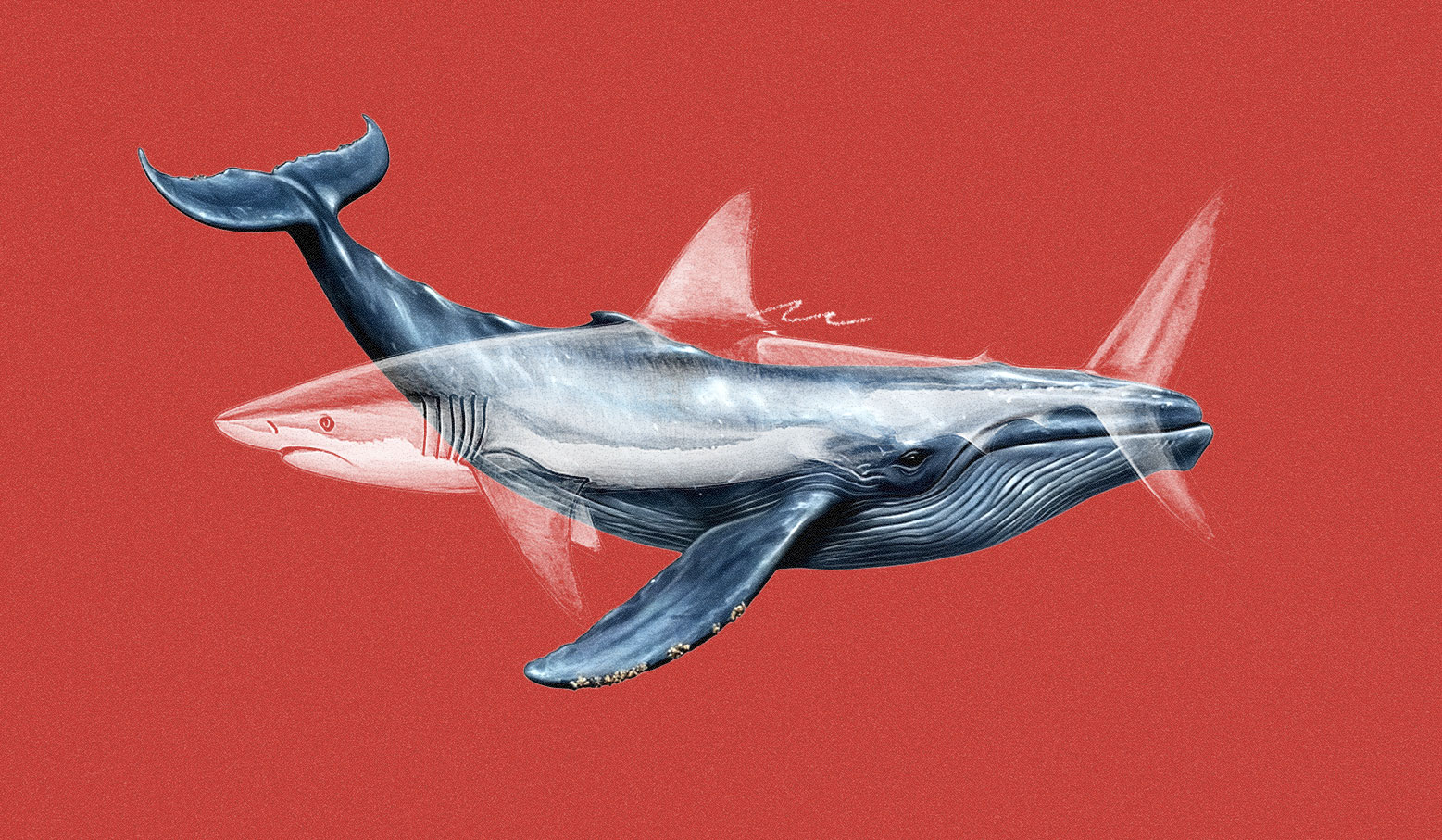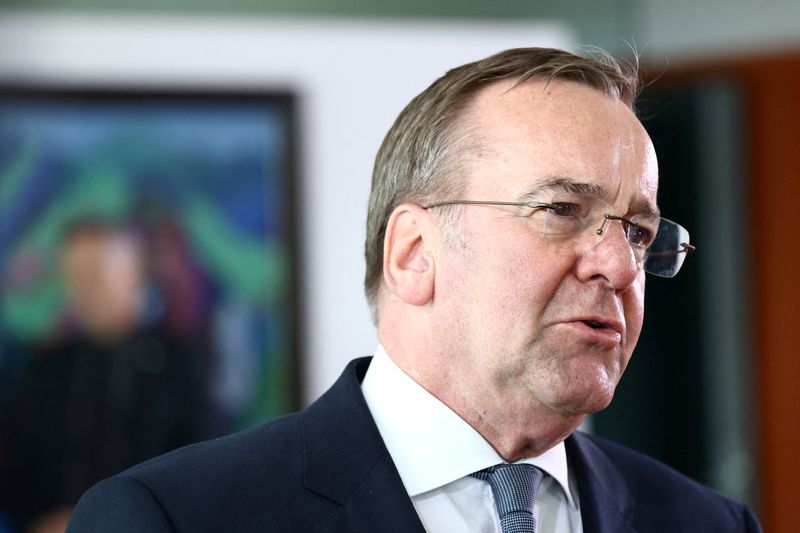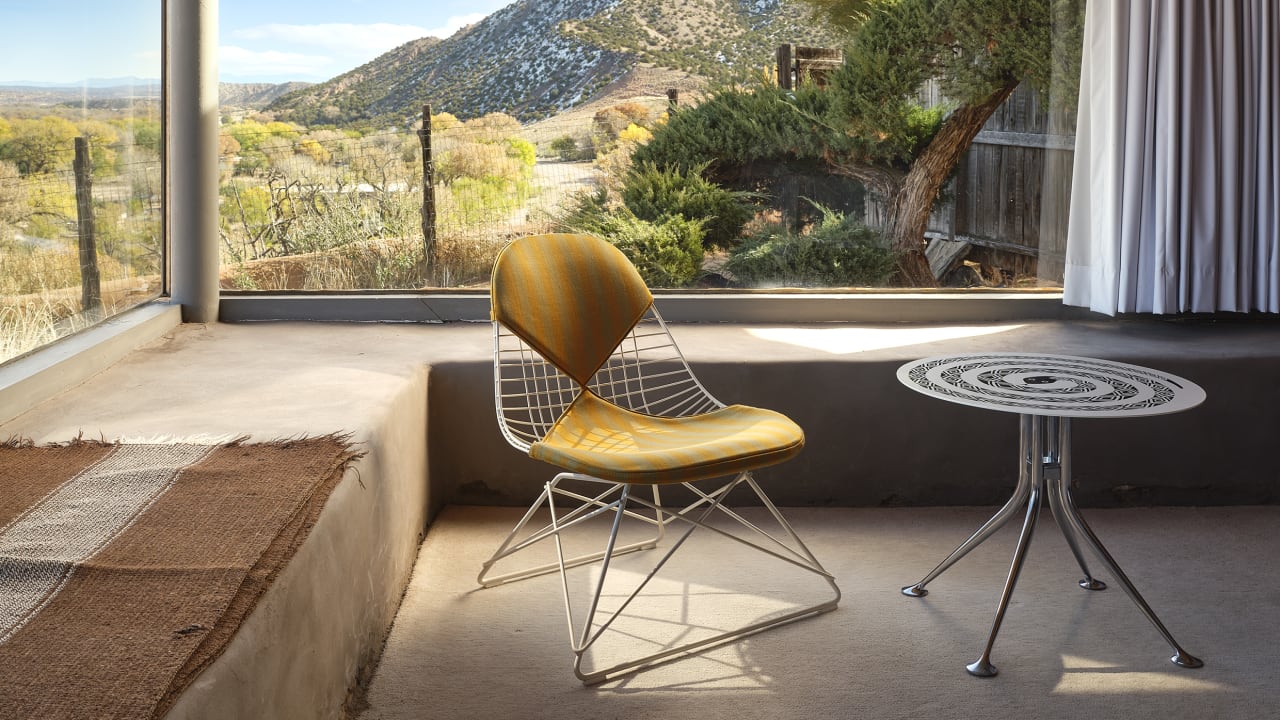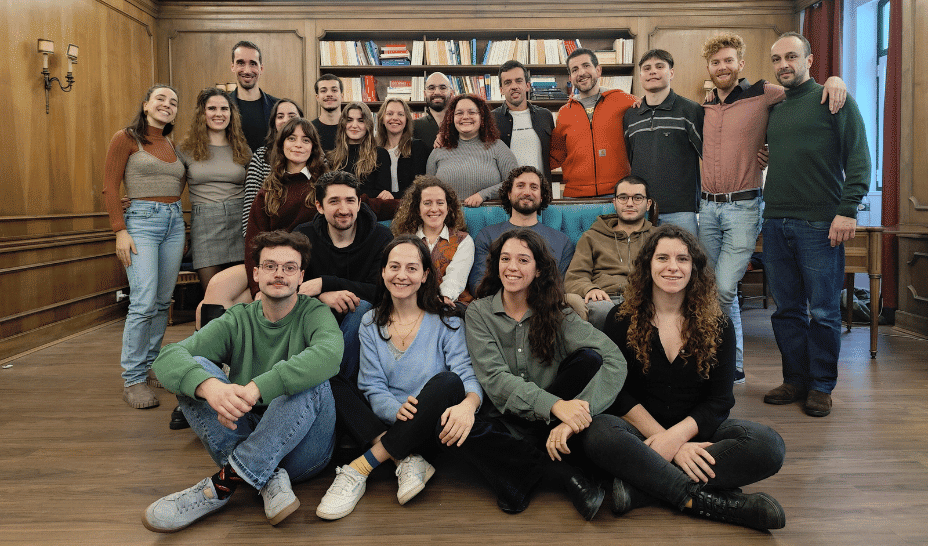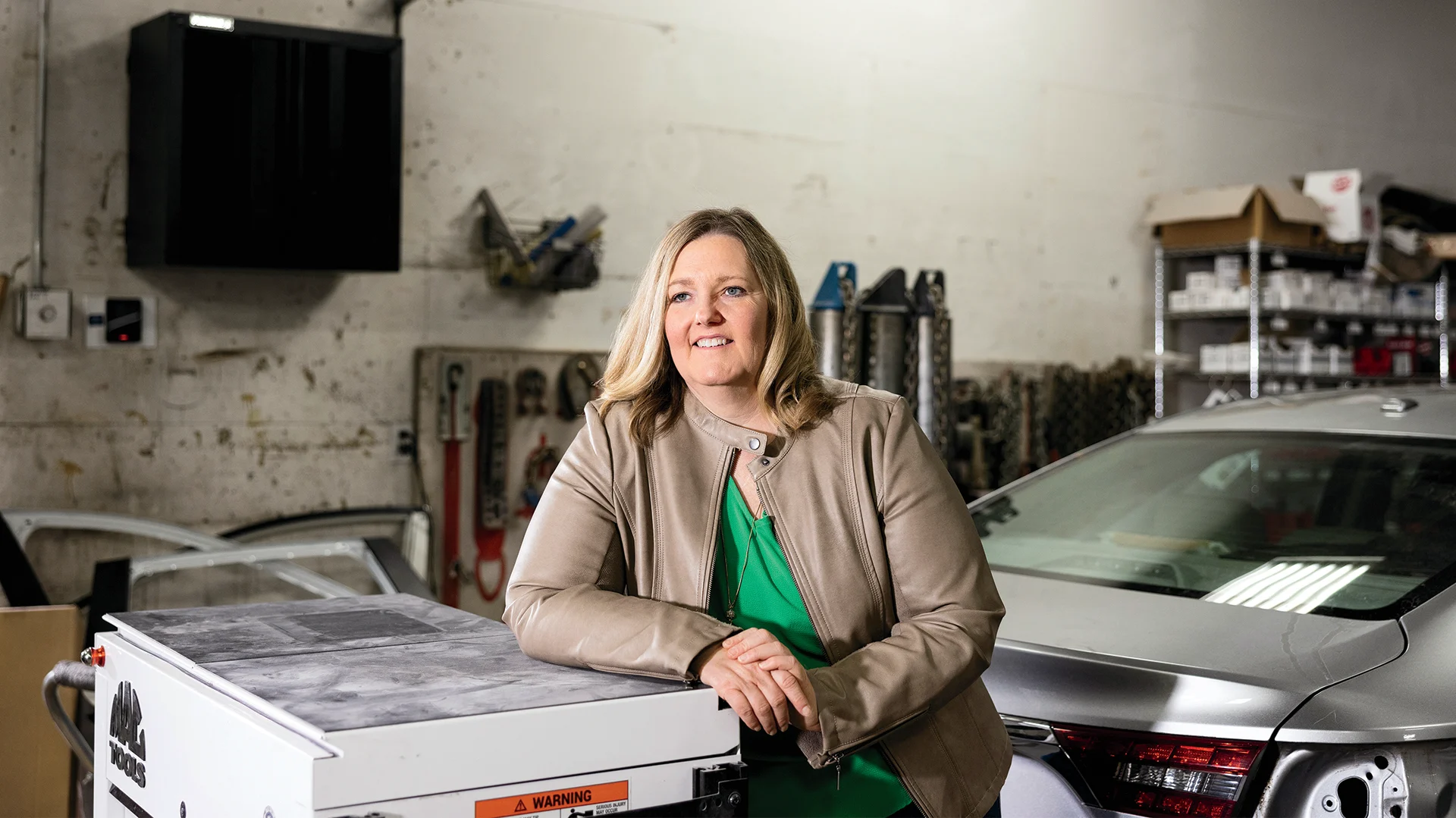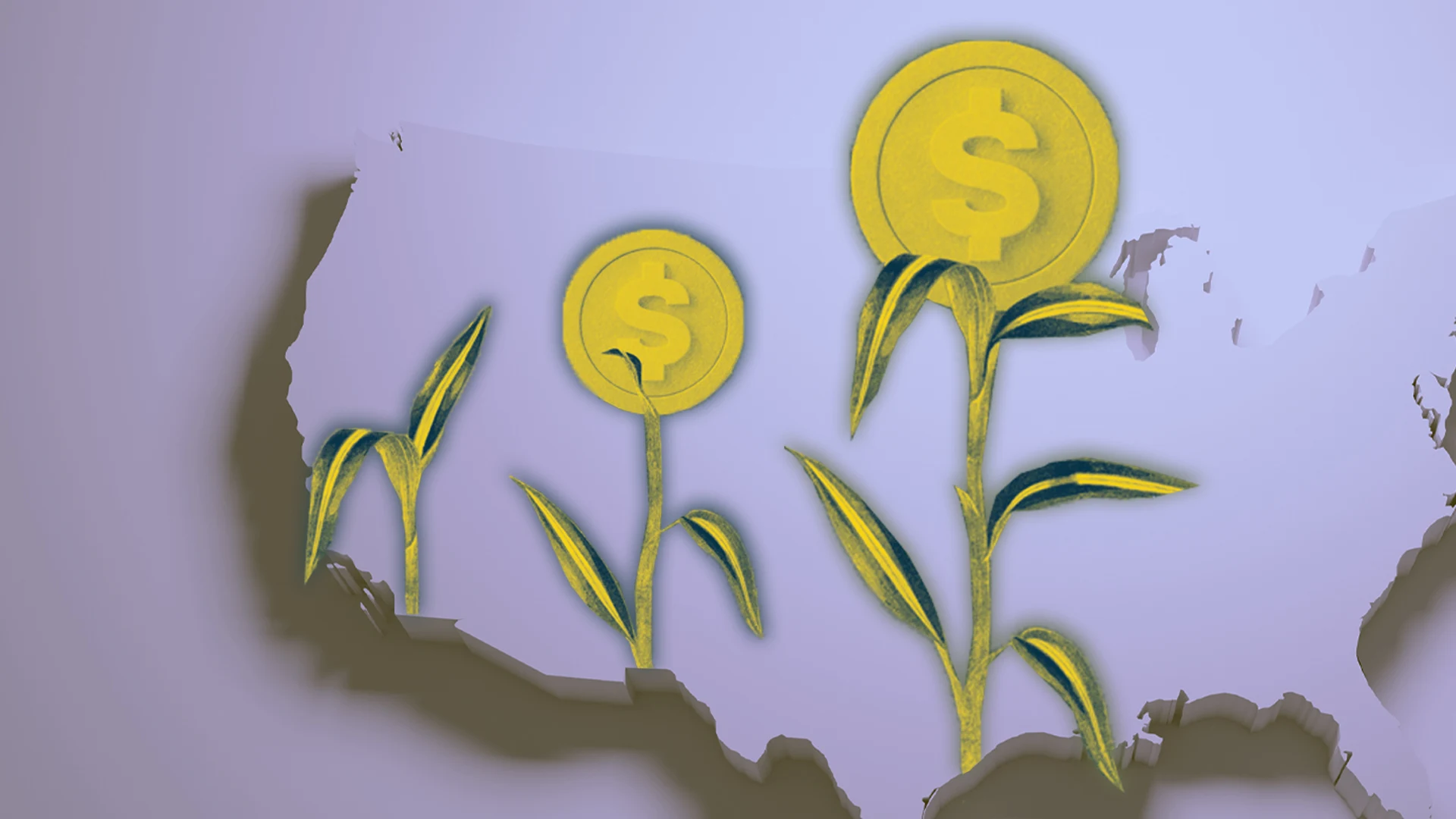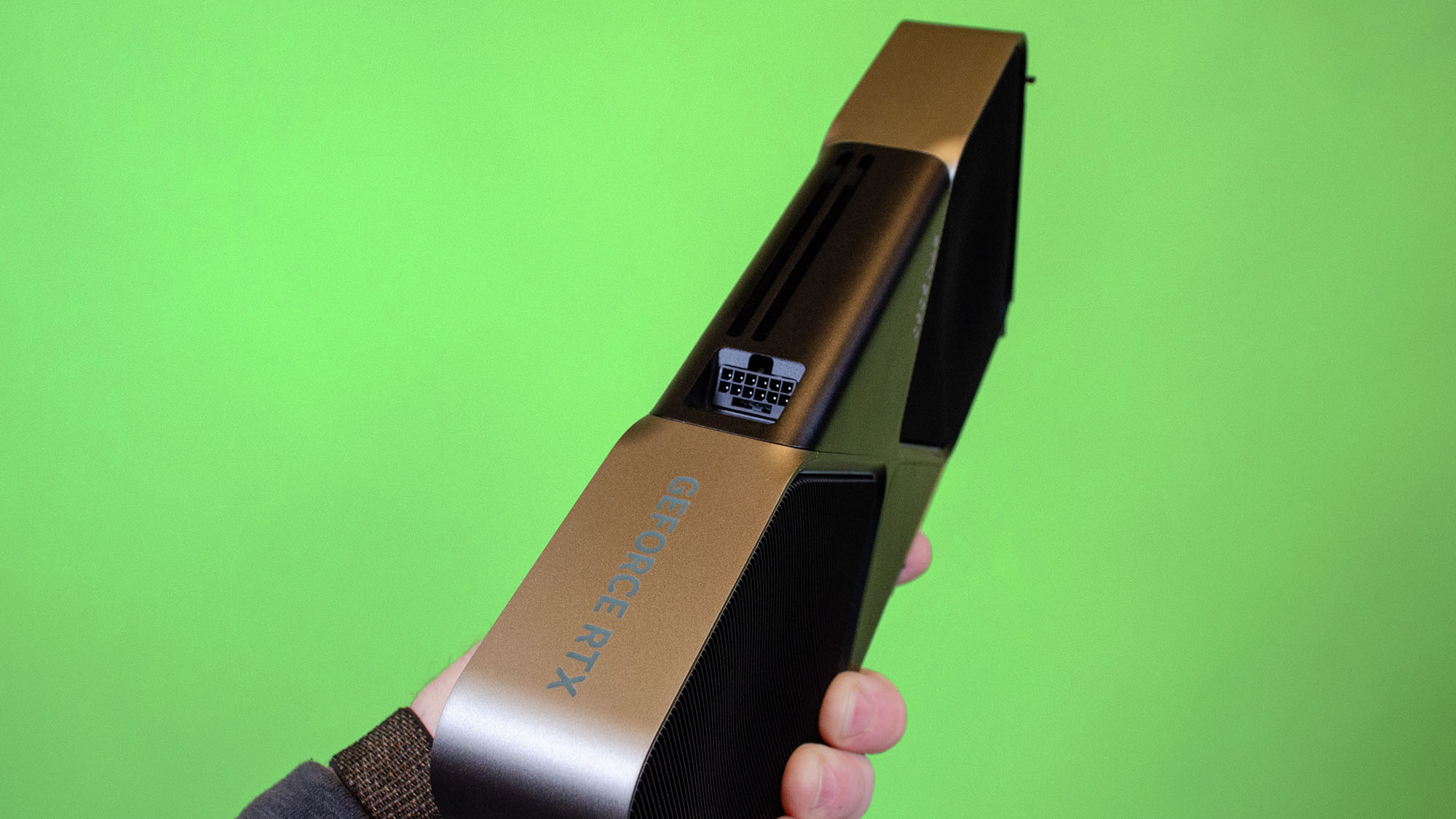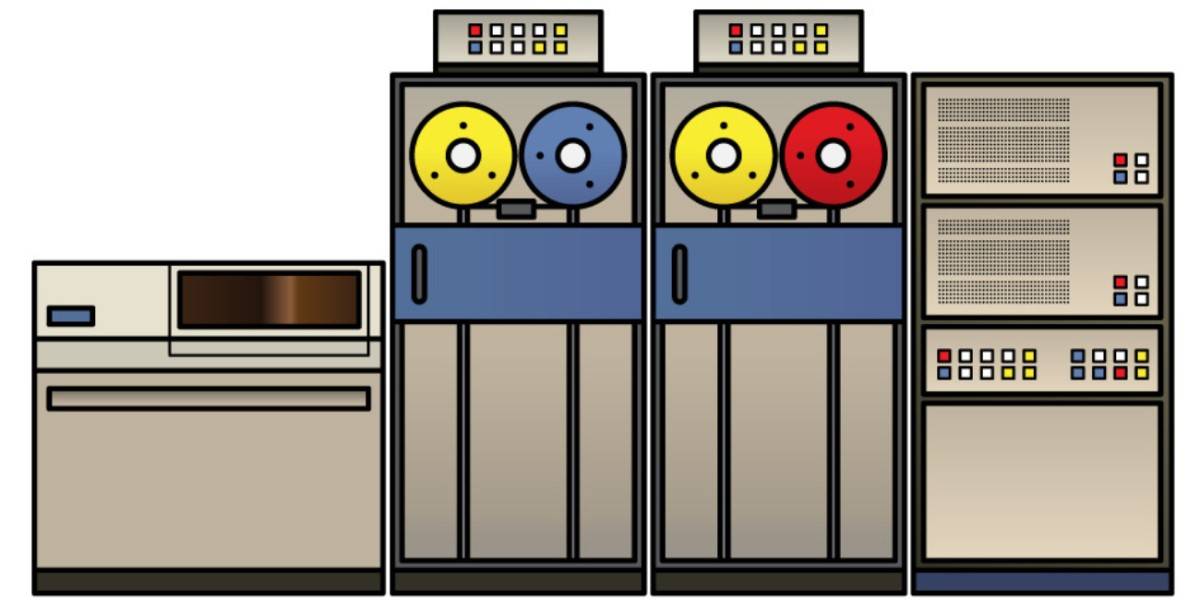British startup Solena Materials raises €5.9 million to create next-generation textiles powered by synthetic biology
London-based Solena Materials, a startup developing a new generation of sustainable, high-performance textiles using a new class of fibres, has raised €5.9 million in Seed funding, following a €3.6 million pre-Seed funding round in 2022, that it will use to produce protein fibres at scale. The funding round was raised with participation Sir David Harding, […] The post British startup Solena Materials raises €5.9 million to create next-generation textiles powered by synthetic biology appeared first on EU-Startups.
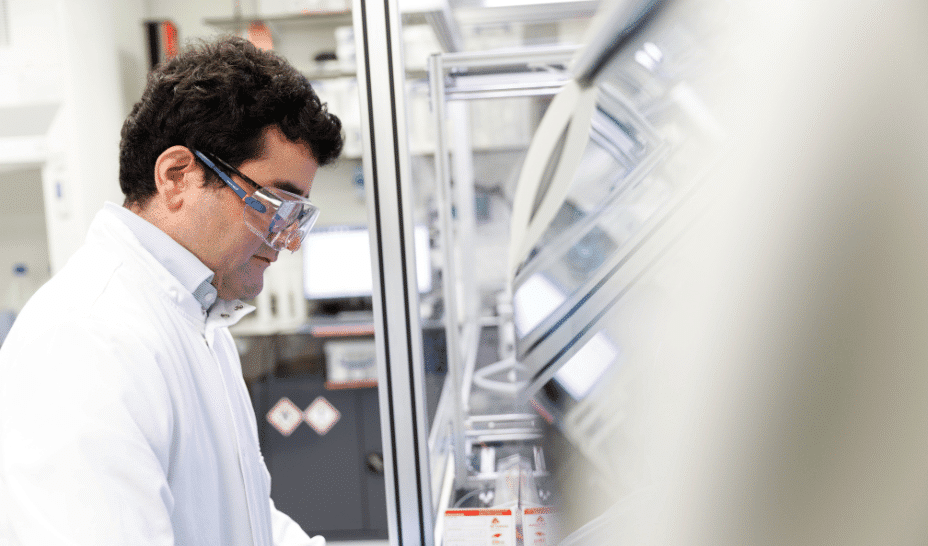
London-based Solena Materials, a startup developing a new generation of sustainable, high-performance textiles using a new class of fibres, has raised €5.9 million in Seed funding, following a €3.6 million pre-Seed funding round in 2022, that it will use to produce protein fibres at scale.
The funding round was raised with participation Sir David Harding, alongside SynBioVen and Insempra.
Solena’s Co-founder and CEO, Dr James MacDonald, developed the techniques behind the company as a researcher at Imperial in collaboration with his other Co-founders. “We’re creating protein sequences that don’t exist in nature to have the performance specifications we need while also being highly manufacturable,” he explained.
Solena launched in 2022 with premises in Imperial’s White City Incubator and pre-Seed investment from Insempra.
The company uses AI techniques to custom-design fibres at the molecular level which are then produced using engineered microbes. Its AI techniques allow it to optimise performance characteristics of the fibres such as appearance, hand-feel and tensile strength, and could result in new and higher performing fashion, sports apparel, and technical textiles.
Professor Paul Freemont, Solena co-founder and Head of the Section of Structural and Synthetic Biology in Imperial’s Department of Infectious Disease, said: “This extraordinary technology is opening up a whole new paradigm in the design of protein fibres. James has created new protein molecules that can form fibres that currently don’t exist. That’s really exciting because no one has been able to do that before – we’ve always had to rely on what nature gave us. Now we’re building our own protein fibres from first principles. This will be a paradigm shift.”
Because the microbes used to produce the fibres use renewable feedstocks, the company’s fibres could also potentially be produced at a lower environmental cost than synthetic textiles made from petroleum and resource-intensive natural fibres.
The fibres are also biodegradable, unlike traditional synthetic fibres such as polyester.
Solena will use the investment to move from premises in the I-HUB building on Imperial’s White City Deep Tech Campus to a larger facility, with an ambition to stay close to Imperial. This will allow the company to scale production of its novel textile fibres in partnership with well-known fashion brands.
Professor Milo Shaffer, Solena co-founder and Chair in Materials Chemistry at Imperial, said: “Solena is particularly exciting, not only as a new class of high performance sustainable fibres for a wide range of applications, but also as an example of a paradigm shift in accelerating materials discovery. The combination of computational design with rapid evaluation in fibre form, directly feeds to scaled up production and implementation, exploiting established textile technology.”
Dr MacDonald shared details of the investment at the SynBioBeta conference in California, near Imperial Global USA, a hub that is helping the university build links with partners such as businesses and investors in the US.
The post British startup Solena Materials raises €5.9 million to create next-generation textiles powered by synthetic biology appeared first on EU-Startups.









